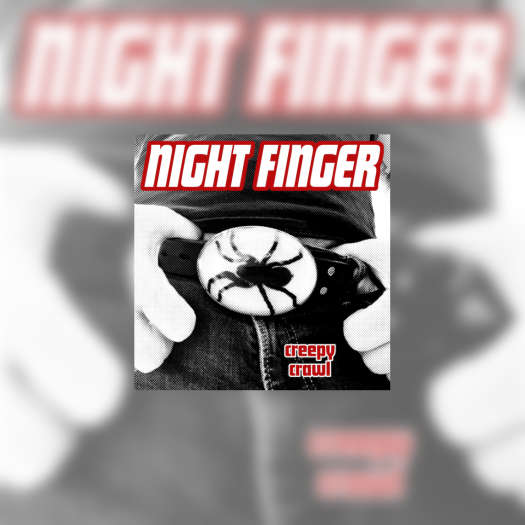There are dozens of indications that Stereolab is a band their audience take very, very seriously, but none greater than that offered by group co-founder, Tim Gane, by way of an apology. Stereolab's incredible new album, Cobra & Phases Group Play Voltage In The Milky Night, was distributed to media by their North American label as a muddy-sounding cassette — good enough to make plain that this album (their sixth) is their best yet, but an inadequate medium for a band whose elaborate sonic details are their raison d'être.
"We have a very strong internet presence," says the affable Gane from a New York hotel room. "[The label] were worried about it getting out there before it was released."
Few people would have predicted in 1991 that Stereolab, who Melody Maker then criticised for having "an obvious Lush fixation," would become one of the most consistently engaging and influential bands of the decade. Yet to whom else can the underground attribute the staggering difficulty in finding second-hand Moog synthesisers? Or original pressings of Can and Silver Apples LPs? And why is Esquivel's entire RCA catalogue now available on CD?
"I'd say that 90 percent of the attention paid to the band is about certain gimmicky ideas about the music," says Gane. "Not gimmicks but, for instance, the fact that we use Moogs, but there should still be a very strong, central melodic and chordal base of the music."
Indeed, Gane has received short shrift as a composer. Cobra and 1997's Dots and Loops boast compositional sophistication greater than almost anything released in the past few years, rhythmically, vocally and instrumentally. Astonishingly, neither album is the result of the group painstakingly playing to Gane's exact requirements.
"We no longer ever rehearse for a record," Gane reveals. "The last time we did was for [1994's] Mars Audiac Quintet. I don't care about being a songwriter. It's the arrangement, the idea, and how to present it in a new and, hopefully, exciting way. There's a very conceptual side of the band, but part of that conception is that we don't control what happens.
"With each album, I try to make the songs, at the same time, as open as possible but with a strong essence that we can retain. To me, Cobra is the most successful one we've done in that way."
"We have a very strong internet presence," says the affable Gane from a New York hotel room. "[The label] were worried about it getting out there before it was released."
Few people would have predicted in 1991 that Stereolab, who Melody Maker then criticised for having "an obvious Lush fixation," would become one of the most consistently engaging and influential bands of the decade. Yet to whom else can the underground attribute the staggering difficulty in finding second-hand Moog synthesisers? Or original pressings of Can and Silver Apples LPs? And why is Esquivel's entire RCA catalogue now available on CD?
"I'd say that 90 percent of the attention paid to the band is about certain gimmicky ideas about the music," says Gane. "Not gimmicks but, for instance, the fact that we use Moogs, but there should still be a very strong, central melodic and chordal base of the music."
Indeed, Gane has received short shrift as a composer. Cobra and 1997's Dots and Loops boast compositional sophistication greater than almost anything released in the past few years, rhythmically, vocally and instrumentally. Astonishingly, neither album is the result of the group painstakingly playing to Gane's exact requirements.
"We no longer ever rehearse for a record," Gane reveals. "The last time we did was for [1994's] Mars Audiac Quintet. I don't care about being a songwriter. It's the arrangement, the idea, and how to present it in a new and, hopefully, exciting way. There's a very conceptual side of the band, but part of that conception is that we don't control what happens.
"With each album, I try to make the songs, at the same time, as open as possible but with a strong essence that we can retain. To me, Cobra is the most successful one we've done in that way."




